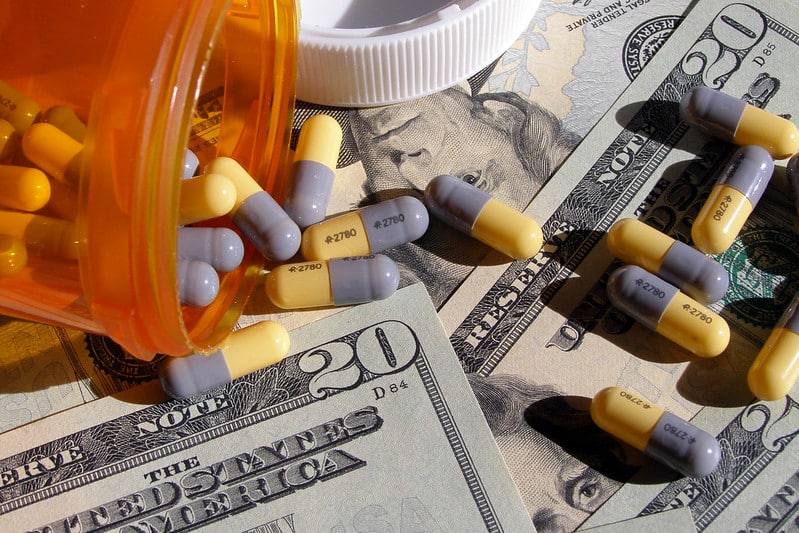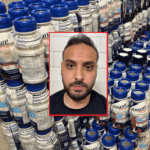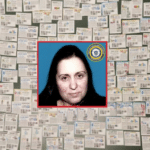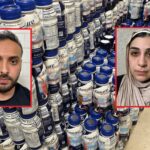
Right on the heels of a similar case in New York, two Florida men have been sentenced for their roles in a separate coupon fraud case. Together, the two cases show how such schemes can be incredibly lucrative, are not altogether uncommon – and can have severe consequences for the perpetrators who get caught.
45-year-old William Clero of Miami was sentenced last week to 17 and a half years in federal prison, four months after he pleaded guilty to submitting some $9 million in fraudulent claims to prescription drug coupon programs. His co-defendant, 52-year-old Cesar Armando Perez Amador, also of Miami, received a comparatively less severe – but still substantial – sentence of more than seven years behind bars.
The two carried out their scheme for more than six years, beginning in late 2014. Prosecutors said they set up at least 21 fake pharmacies that “did not have real customers or prescriptions and did not dispense medications.” But the purported pharmacies did submit plenty of coupons to pharmaceutical companies for reimbursement.
More than $9 million in coupons, to be exact. Just as grocery stores turn in the paper coupons they accept in order to be reimbursed by the manufacturers who issue the coupons, prescription drug coupon programs work the same way for pharmacies that accept paper coupons and the drug manufacturers who fund the coupon programs.
And just as dishonest grocery store owners have been known to submit coupons that were never used by customers, in order to get reimbursed so they can line their own pockets with the proceeds, fraudsters like Clero and Amador have done the same with pharmaceutical coupons. And this way, they figure, they can get richer, quicker – after all, grocers get reimbursed just a dollar or 50 cents at a time for lower-value grocery coupons, while pharmaceutical coupons often have a value that’s much higher, and much more tempting for those who might abuse the system.
Prosecutors said Clero and Perez attempted to cover their tracks by recruiting friends and colleagues to pose as the owners of each pharmacy, so they would look like independent operations. The first fake owner, in fact, was the defendants’ handyman. Each pharmacy “owner” was promised between $10,000 and $15,000 for allowing their name to be used, while Clero and Perez transferred the rest of the cash they received to shell companies they created, which they then used for personal expenses and perks like “insurance, bills for dental and cosmetic procedures, gymnasium, retail expenses, travel and entertainment expenses,” and five vehicles, including two Cadillacs and a BMW.
The scheme was similar to one that was resolved just a week earlier, when 39-year-old Arkadiy Khaimov of Queens, New York was sentenced to more than four years in prison, and ordered to pay more than $7.6 million in penalties and restitution. He also falsely submitted for reimbursement from a pharmaceutical manufacturer for coupons that were never actually used. Prosecutors called it “a greedy gambit to enrich himself” at the expense of “a company that sought to make a lifesaving medication widely available to the neediest among us.”
As for Clero and Amador, both were sentenced after pleading guilty to carrying out a conspiracy to commit mail fraud and wire fraud. In addition to prison time, each is now responsible for a share of $9,089,476.60 in restitution.
Buying prescription drugs, with or without a coupon, can be expensive enough. But now, three men have learned that trying to cheat the system can be even more costly.
















17 years for coupon fraud is ridiculous. Hunter Biden has committed far worse crimes yet he’s still free to smoke crack with Chinese and Russian bribe money. What a country!